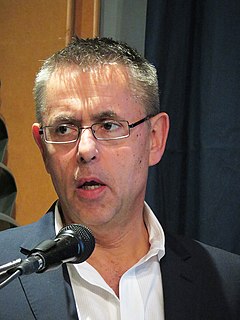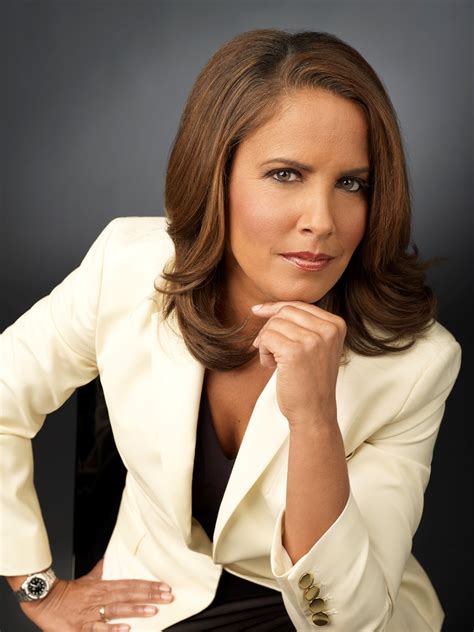A Quote by Mo Ibrahim
The Ibrahim Index is a tool to hold governments to account and frame the debate about how we are governed.
Related Quotes
Were it part of our everyday education and comment that the corporation is an instrument for the exercise of power, that it belongs to the process by which we are governed, there would then be debate on how that power is used and how it might be made subordinate to the public will and need. This debate is avoided by propagating the myth that the power does not exist.
Governmental intervention and personal responsibility are not mutually exclusive issues, but they do frame a 'do it ourselves' vs. 'what are you doing for us' debate. For the black community, that's a debate that's been raging at least as far back as the W.E.B. Du Bois, Booker T. Washington philosophical grudge matches.



































